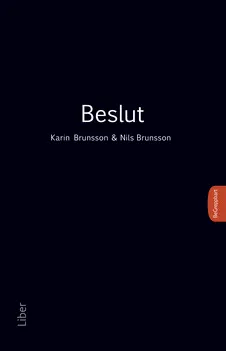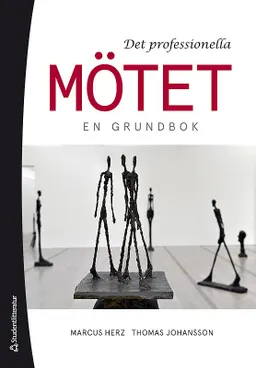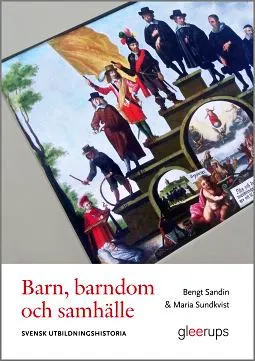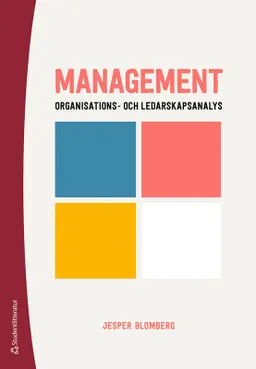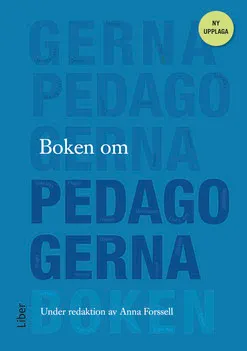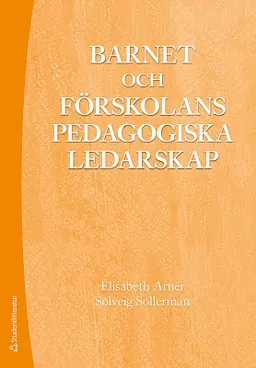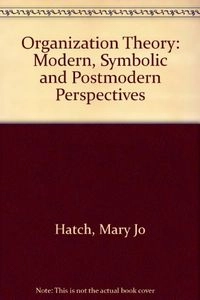

Organization theory : modern, symbolic, and postmodern perspectives
- Utgiven: 1997
- ISBN: 9780198774914
- Sidor: 387 st
- Förlag: Oxford University Press
- Språk: Engelska
Om boken
Åtkomstkoder och digitalt tilläggsmaterial garanteras inte med begagnade böcker
Mer om Organization theory : modern, symbolic, and postmodern perspectives (1997)
1997 släpptes boken Organization theory : modern, symbolic, and postmodern perspectives skriven av Mary Jo Hatch. Den är skriven på engelska och består av 387 sidor. Förlaget bakom boken är Oxford University Press.
Köp boken Organization theory : modern, symbolic, and postmodern perspectives på Studentapan och spara pengar.
Referera till Organization theory : modern, symbolic, and postmodern perspectives
Harvard
Oxford
APA
Vancouver













